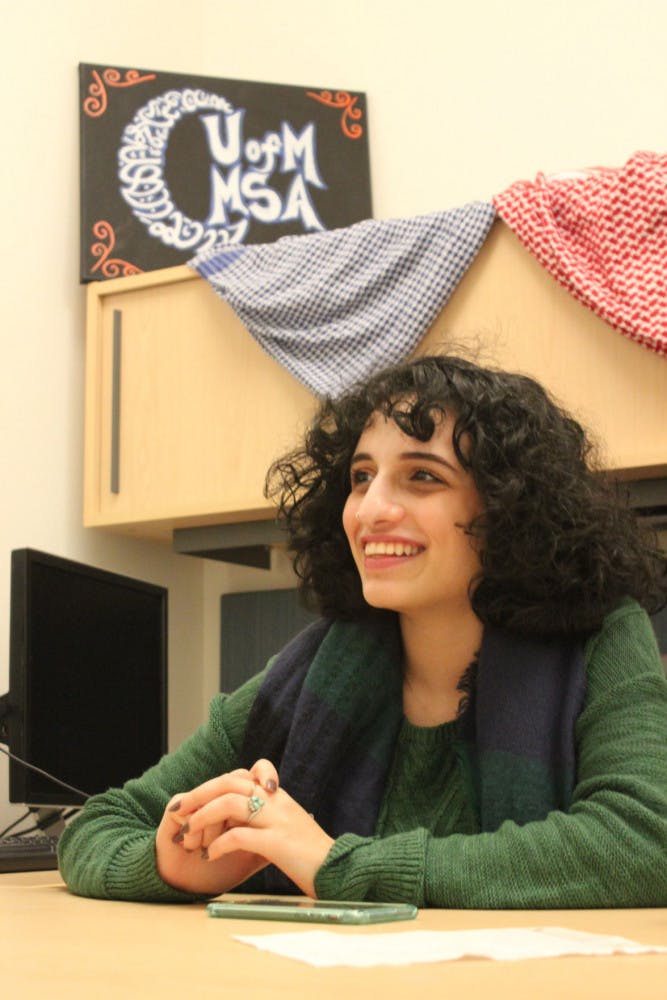Muslim students at the University of Memphis have expressed fear and anger about President Donald J. Trump’s executive order that closed off the border to refugees and immigrants from seven majority-Muslim countries.
The process for the resettlement of refugees is suspended for 120 days and people from Iraq, Syria, Iran, Sudan, Libya, Somalia and Yemen are not allowed entrance to the United States for 90 days.
Coming to the United States as a refugee is a long and hard process, said Zubaidah Alhayali, a 20-year-old refugee and biology and psychology major at the U of M.
Because of the civil unrest in Iraq, Alhayali and her family fled in 2005 during the Iraq War when their lives were endangered. They lived in Jordan for eight years before the United States accepted them.
“One mistake and we could have been rejected,†Alhayali said. “They interviewed us every eight months for years and did several background checks."Â
Alhayali knows several people who were rejected, including her aunt who now lives in Turkey. She saw women and children massacred in the streets of Baghdad and witnessed families slain by gunfire.
"No one wants to leave their home and everything they have,†Alhayali said. “You have to be in a very difficult situation. You don't become a refugee because it's fun; you do it because you don't have a choice."
Alhayali and her family are all green card holders and hope to apply for citizenship in the coming years, but she’s concerned the President might write an executive order limiting her chance to become a United States citizen.Â

Zubaidah Alhayali, refugee and U of M biology and psychology major
"I'm worried he might try to take that opportunity away from me and my family," Alhayali said. "What if he tries to kick us out? We can't go back to Baghdad. Where would we go? We have no options."
Many Muslim students are worried about the current political climate, said Yousef Yousef, 18, vice president of the Muslim Student Association at the U of M.
“These refugees are people who are fleeing terror, not seeking to inflict it,†Yousef said. “Denying entry to refugees isn’t going to do anything to benefit America – it is going to hurt us. This is how you push people to become radical.â€
The Office of Refugee Resettlement reported 1,601 refugees came to Tennessee in 2015. Of the 1,601 refugees that arrived Tennessee, 186 refugees went through Memphis.
Jamie Jones is the founder and president of Asha’s Refuge, which is a nonprofit organization in Memphis that helps educate and mentor refugees in adjusting to their new life in United States, and she works with refugees daily. She said a pause may be necessary and does not like the media calling it a ban.
“The temporary pause is to make better efforts to ensure groups who have desires to hurt us don’t come in,†Jones said. “The U.S. already has strong vetting procedures in place, but perhaps in certain areas these procedures have not been as strictly enforced. No one was monitoring closely enough, and we need additional vetting procedures to happen."
Jones told a refugee who was worried about her family in refugee camps the pause was necessary to make sure that the people she was running from do not get into the United States.
“In our effort to let the 'good' people in, how do we know the 'bad' people are not sneaking in?†Jones said. “I just hate the fear and confusion it causes.â€





